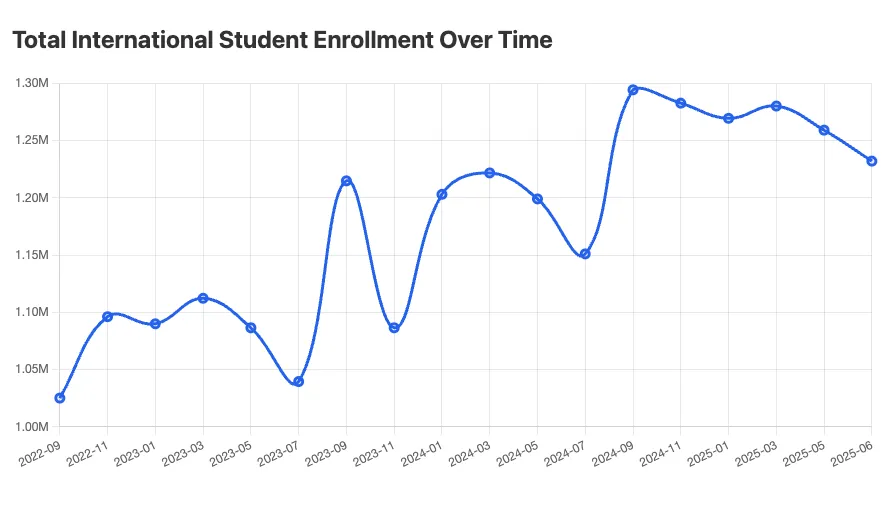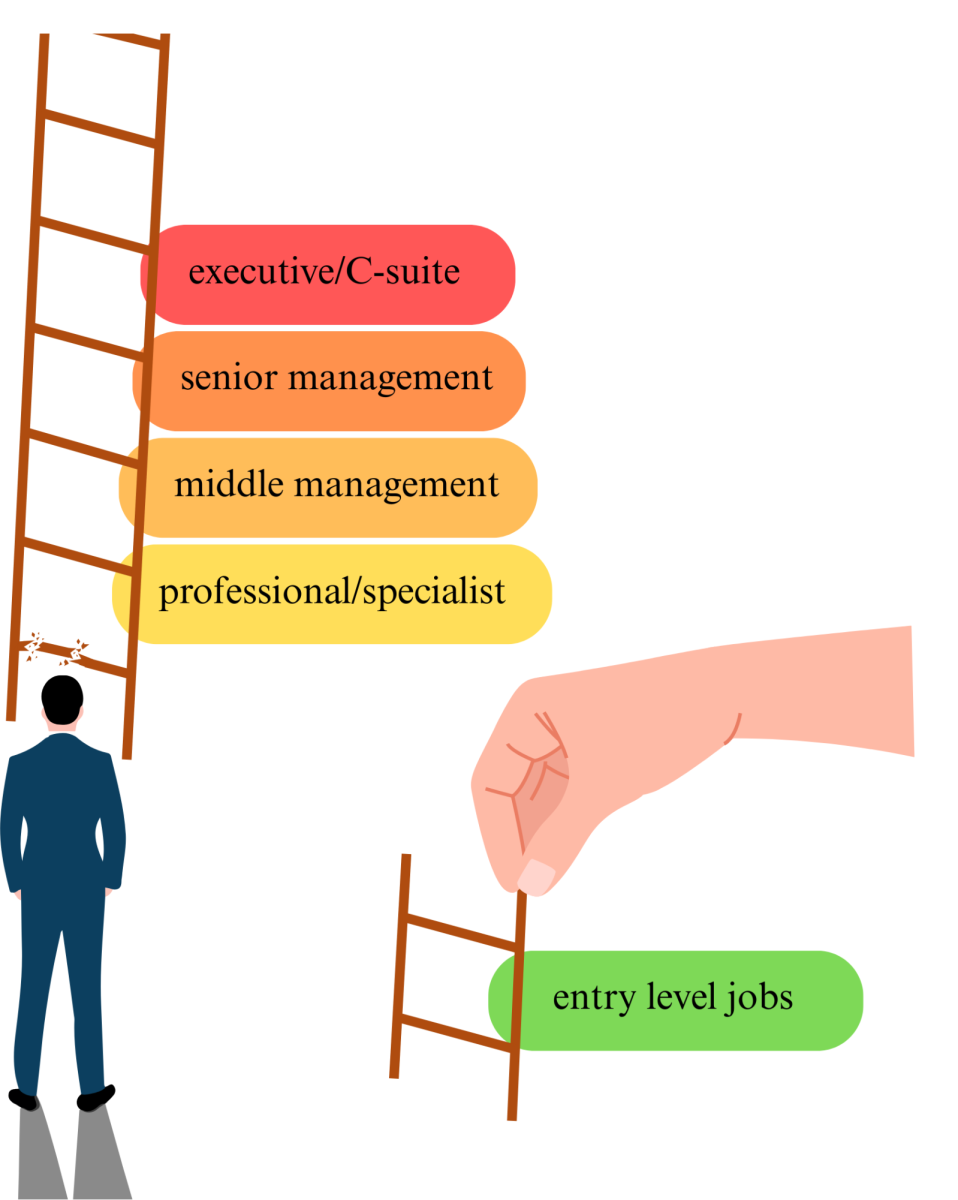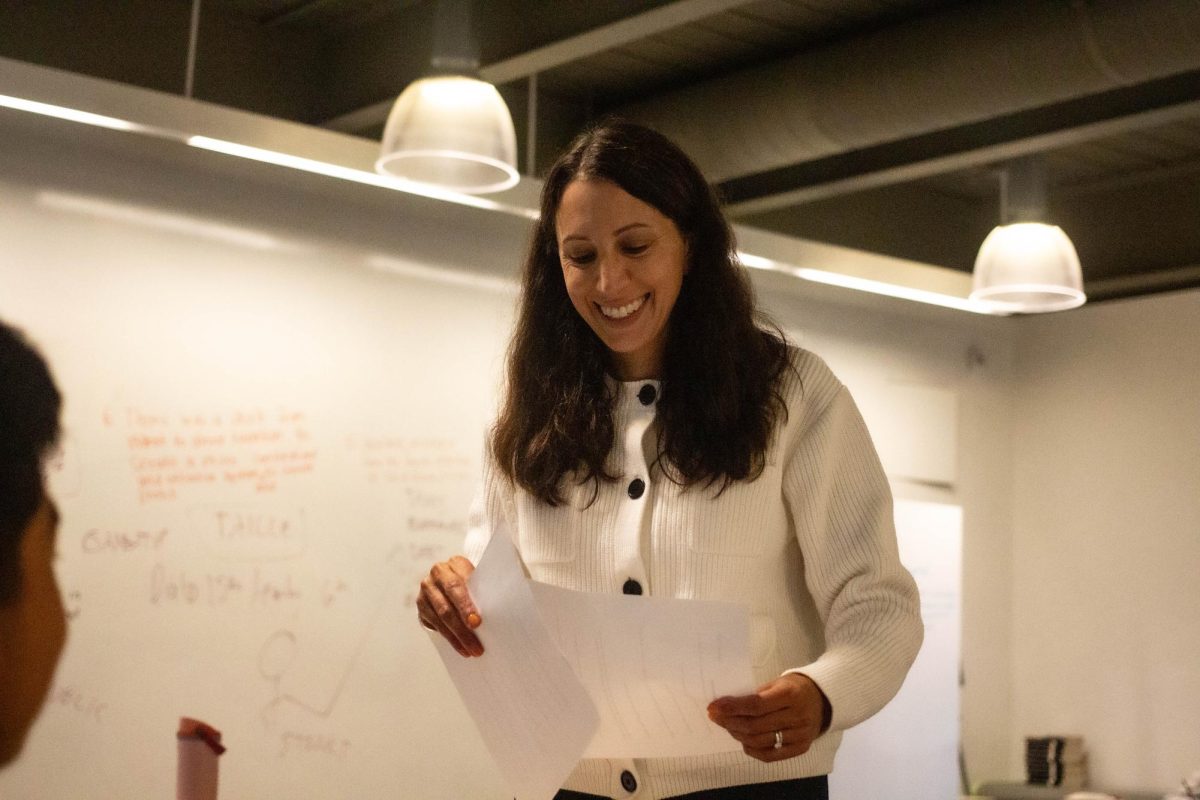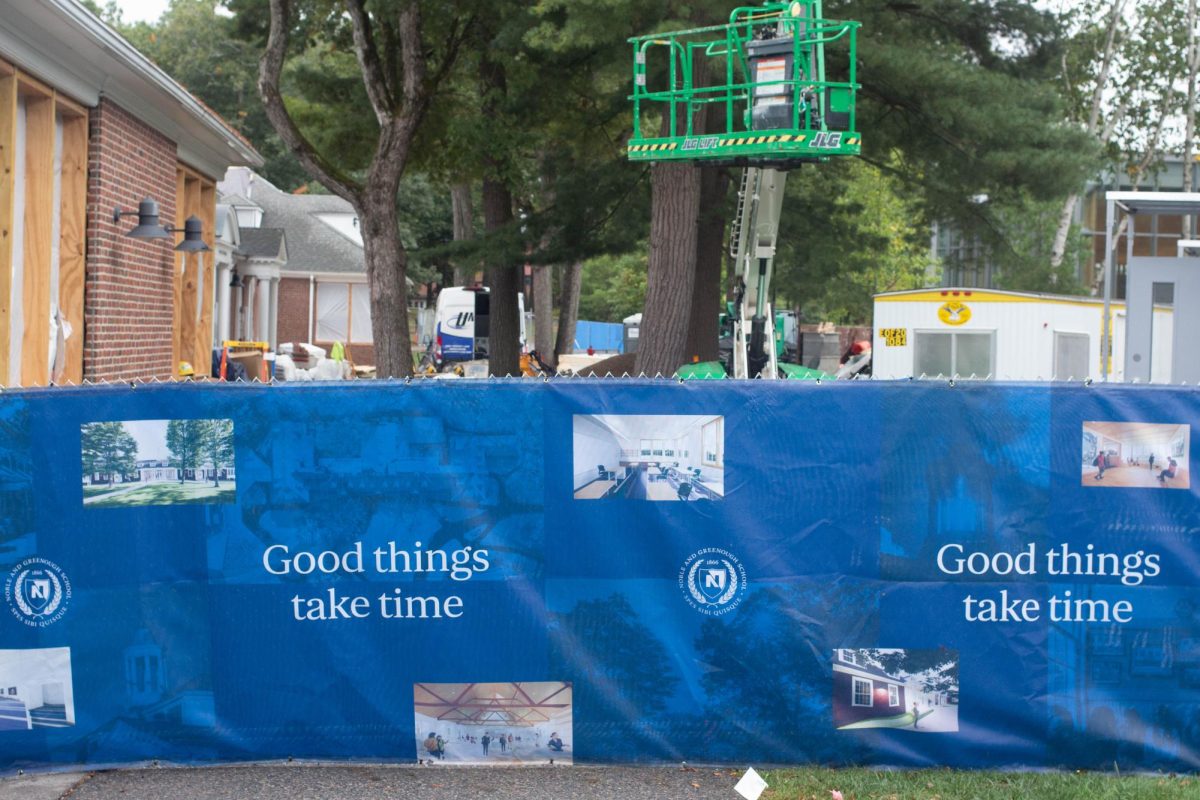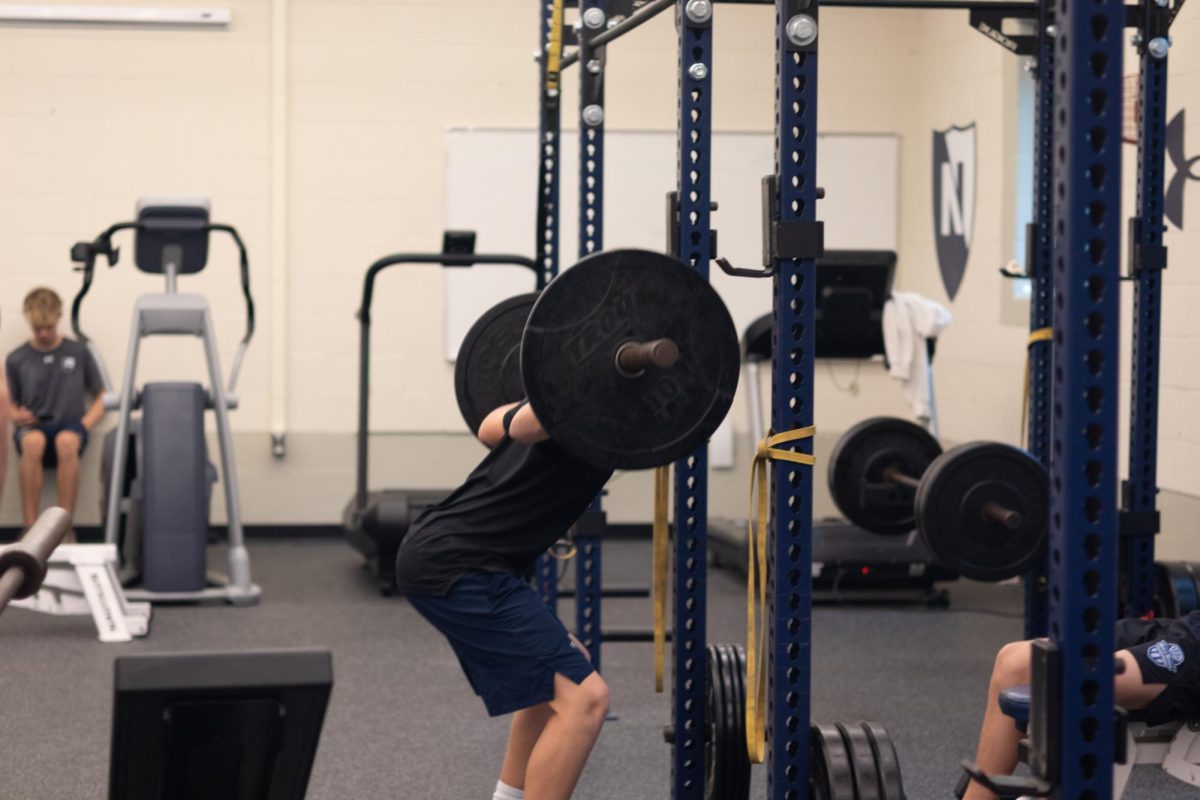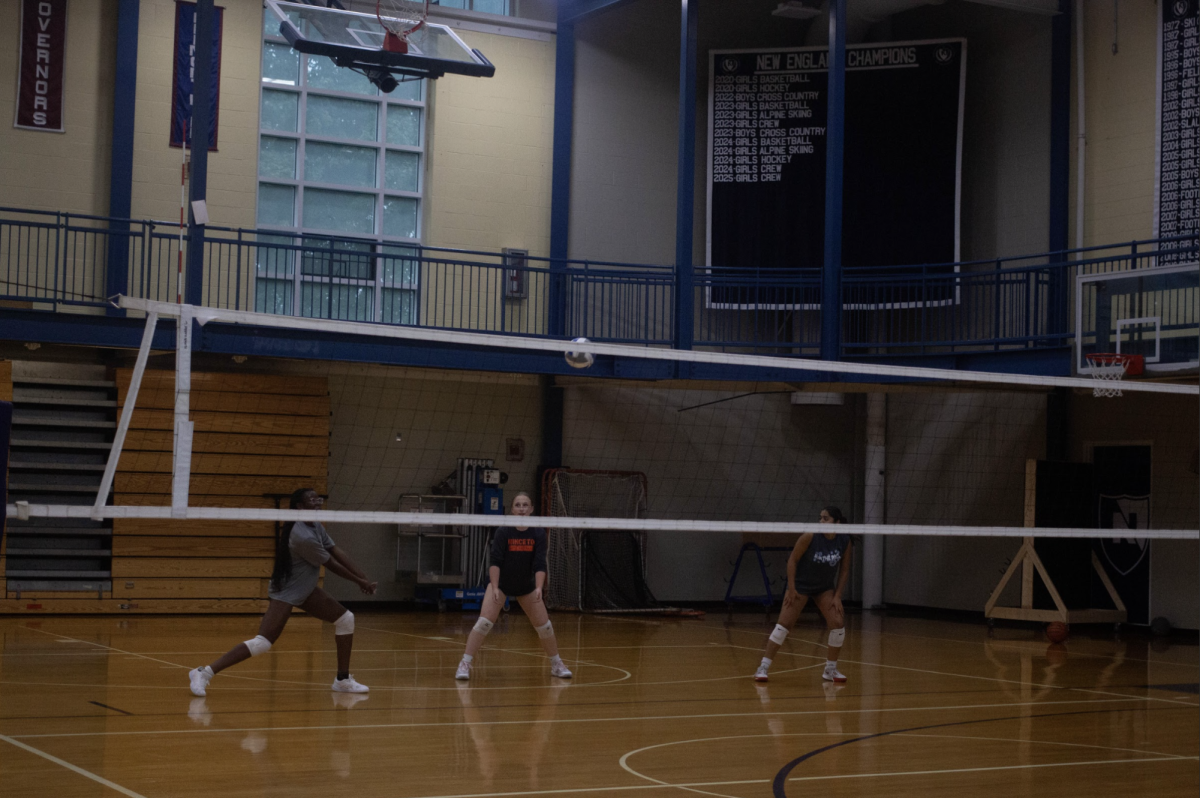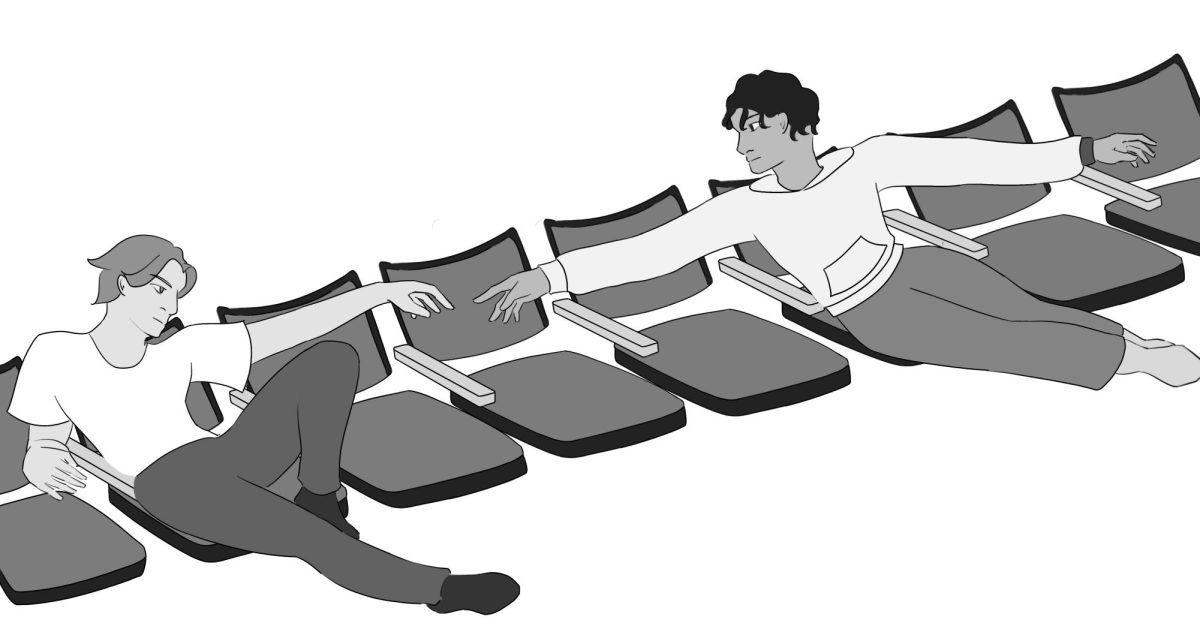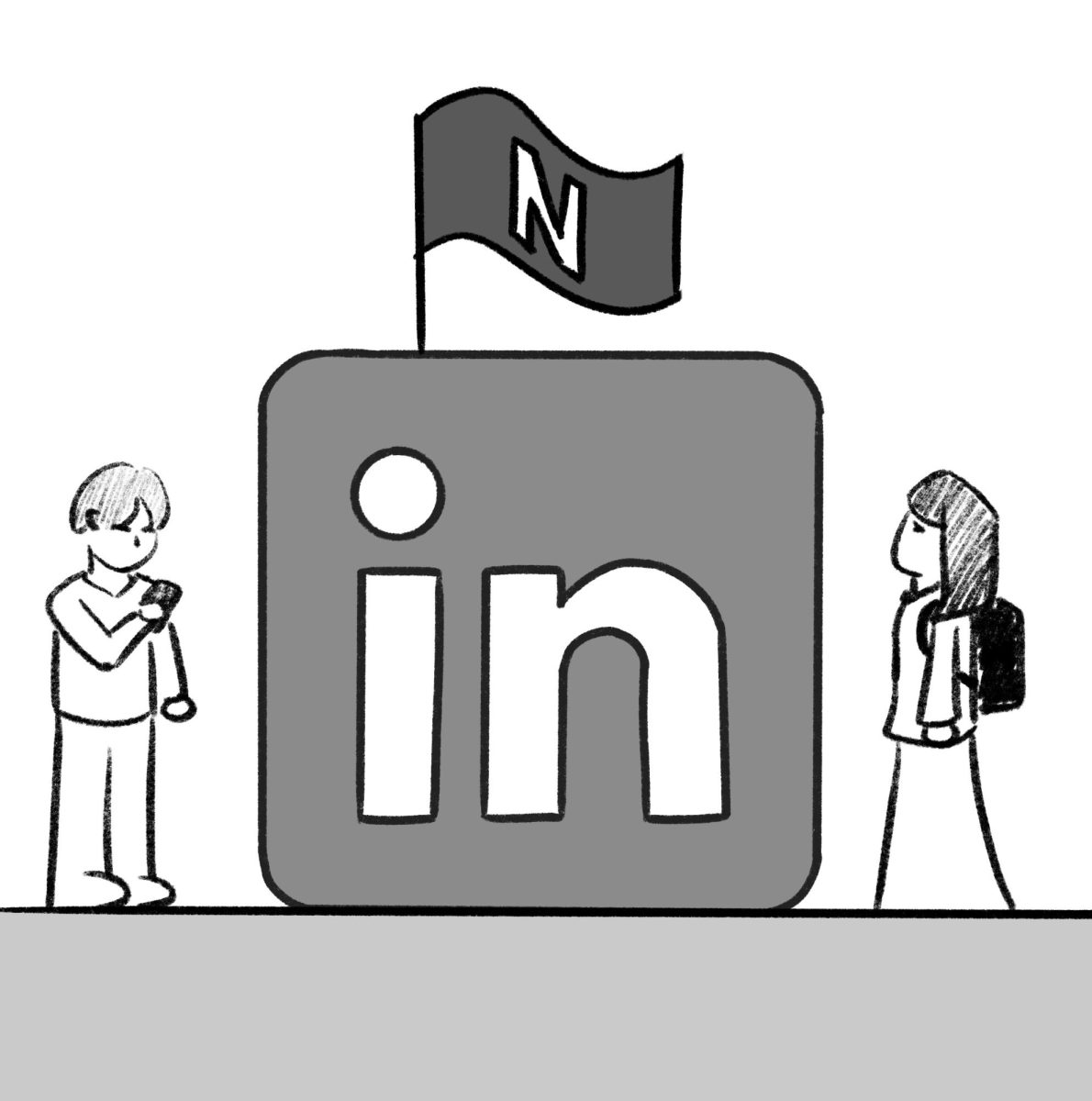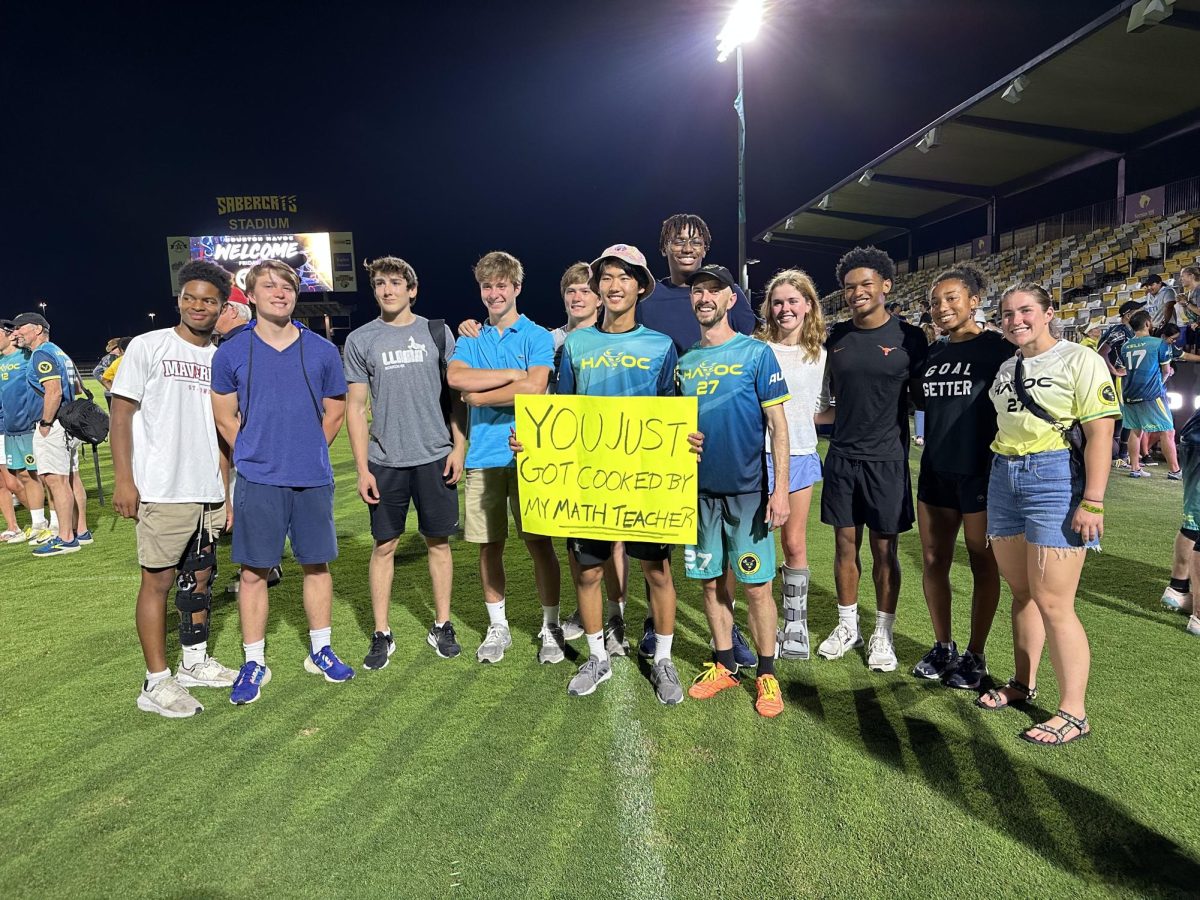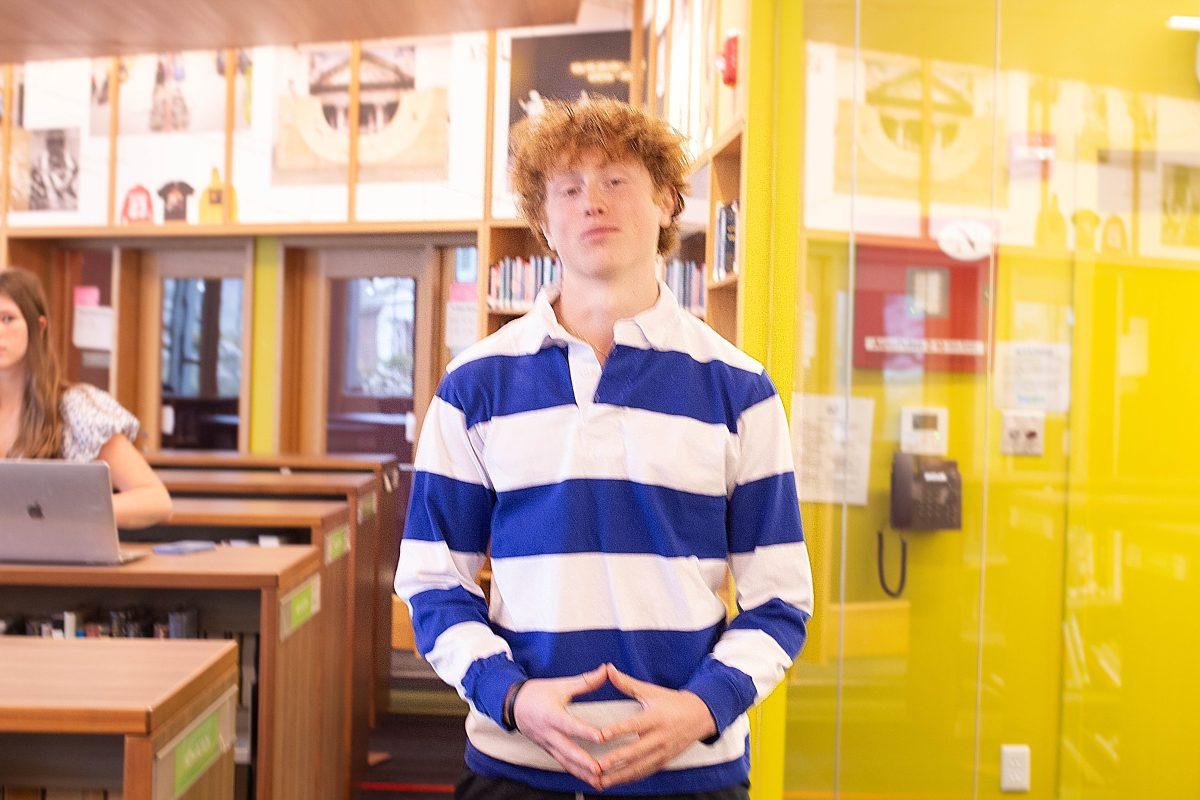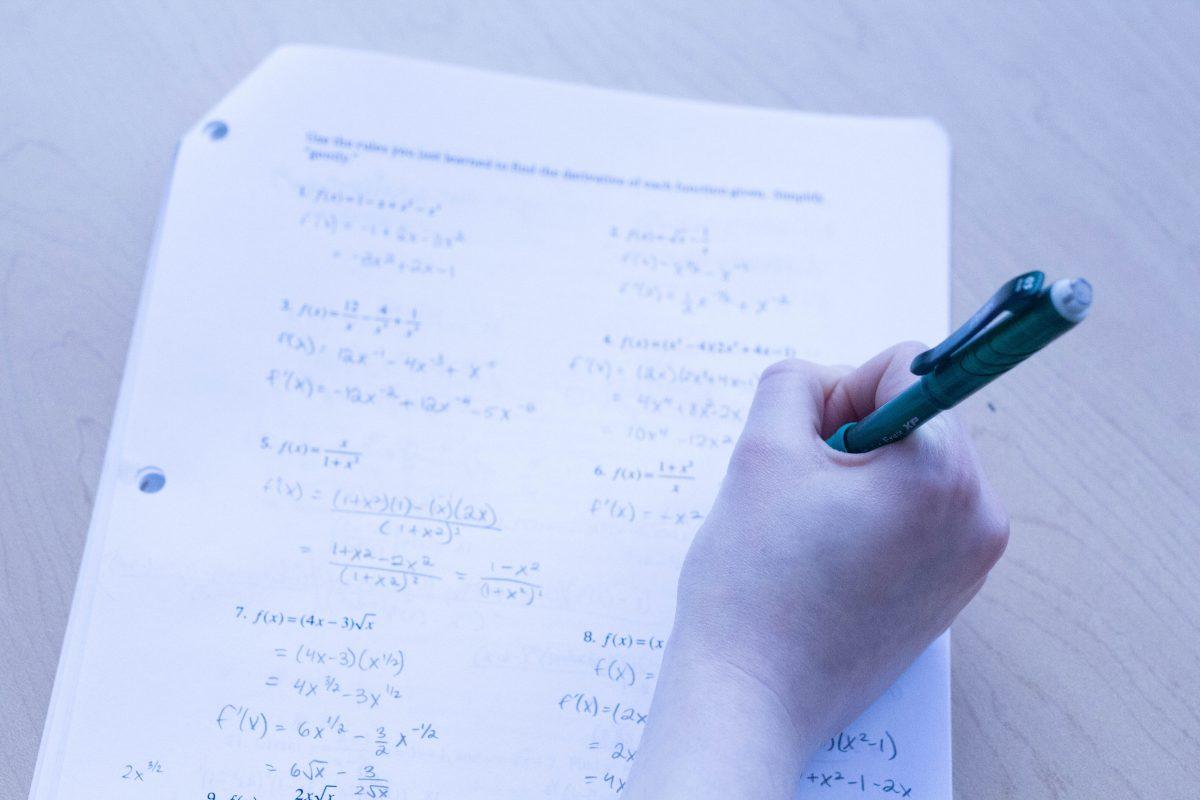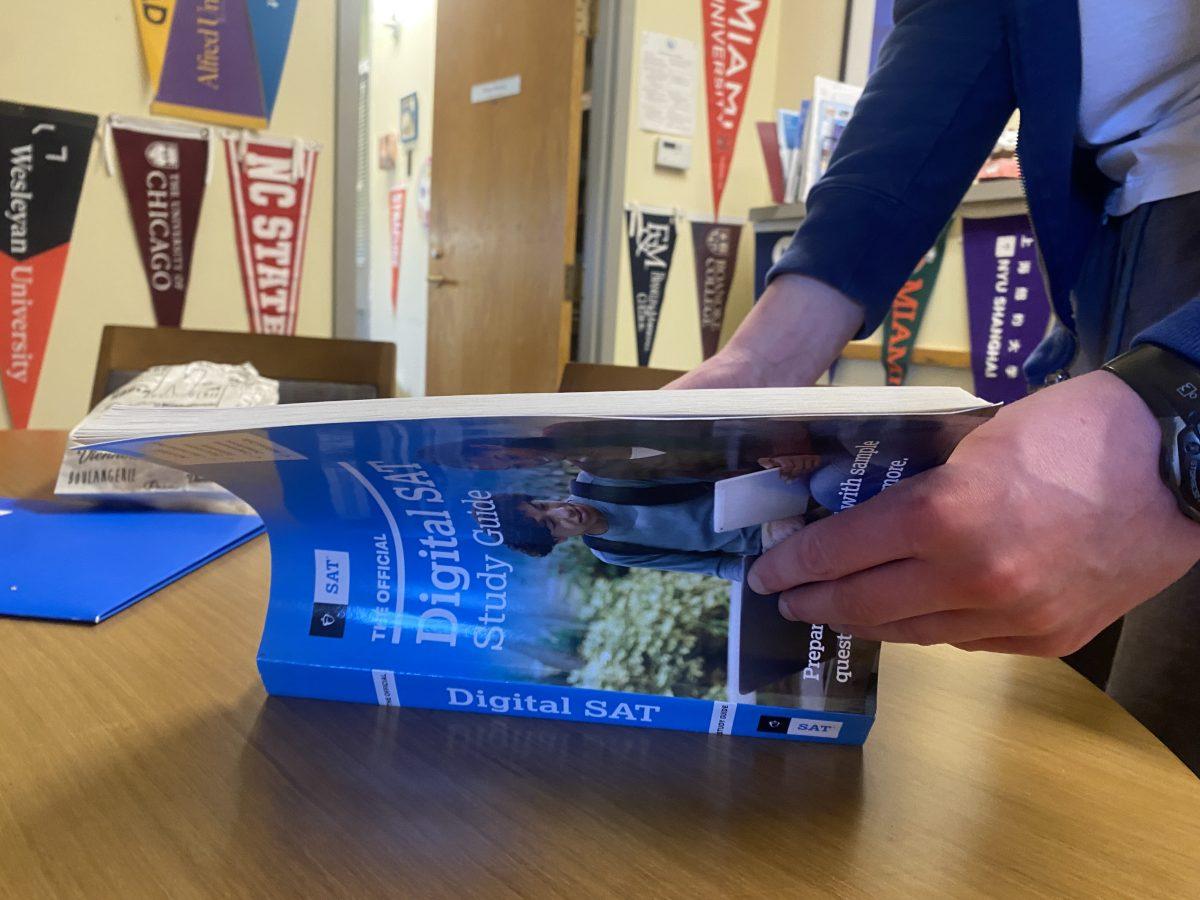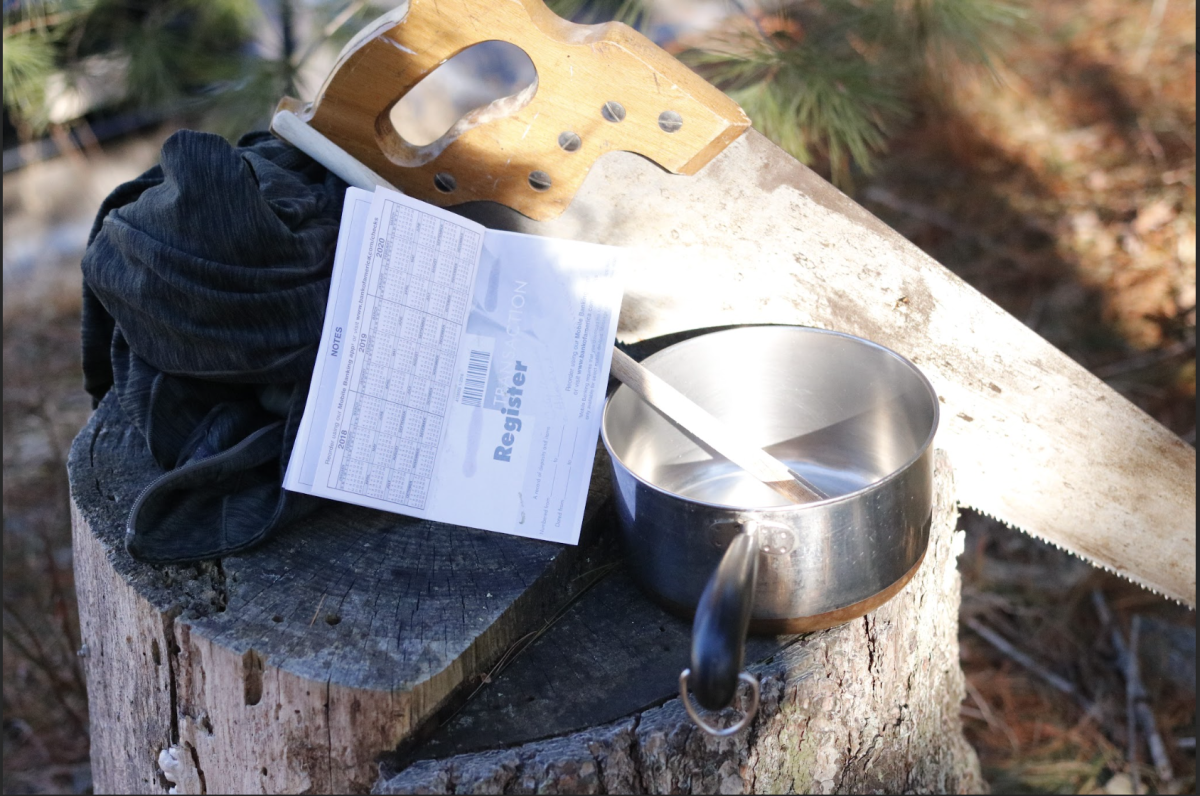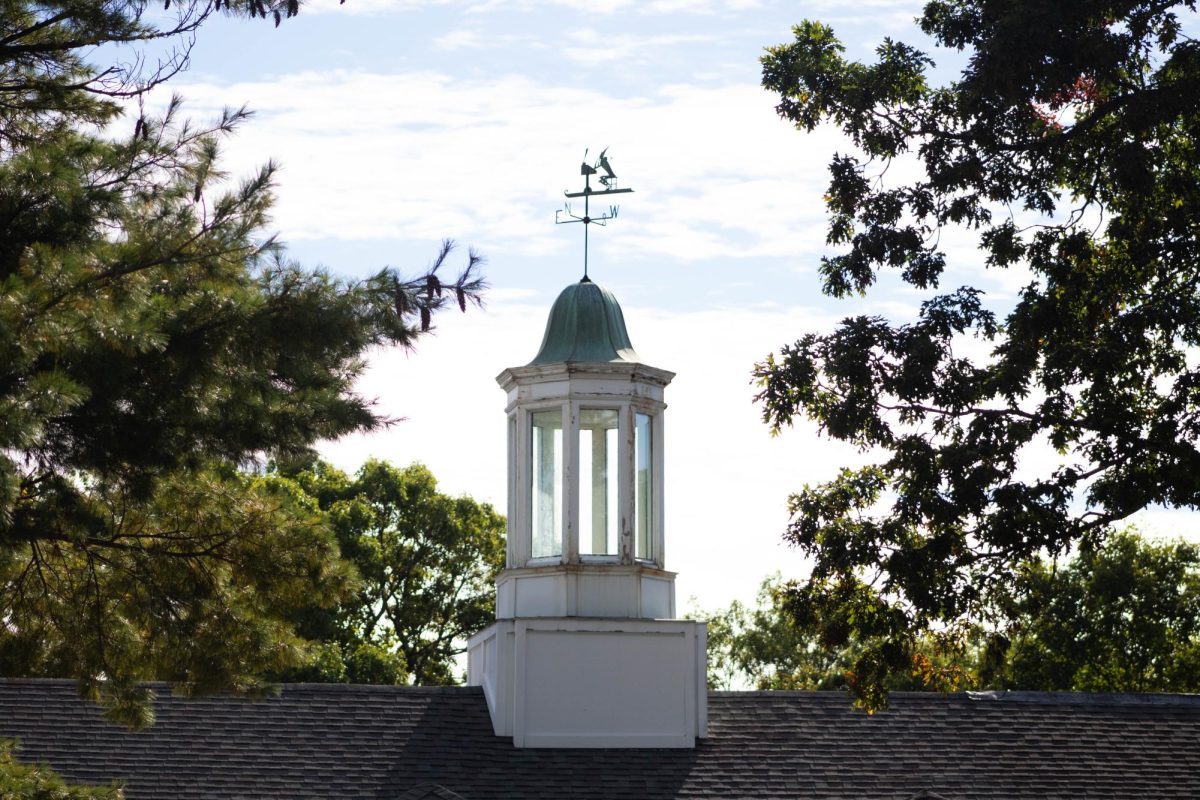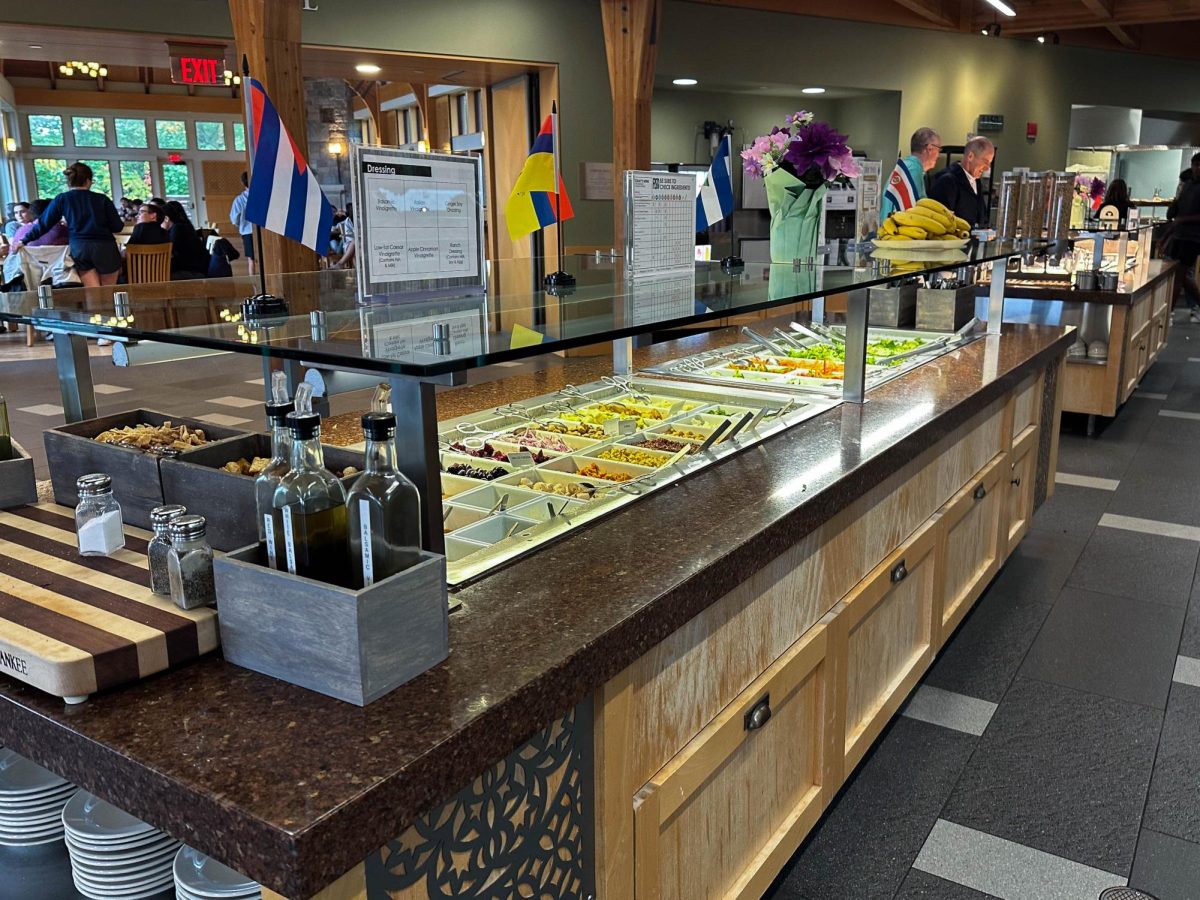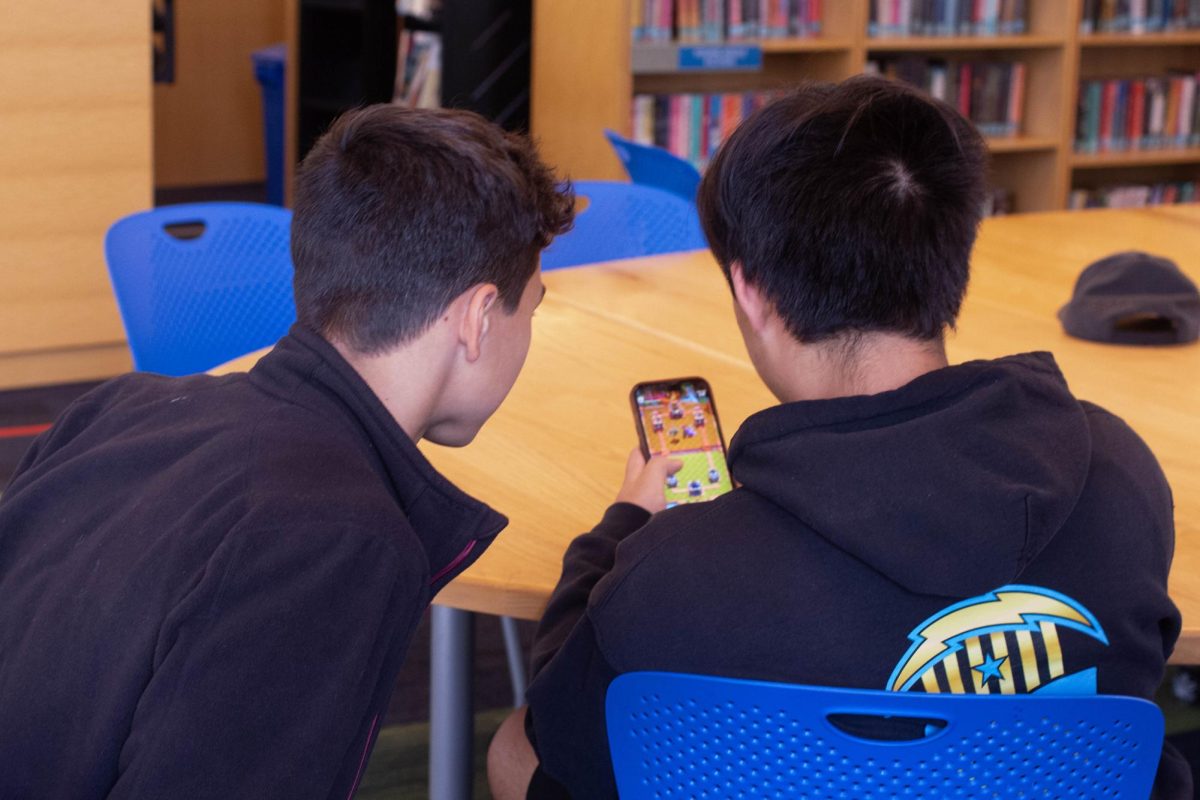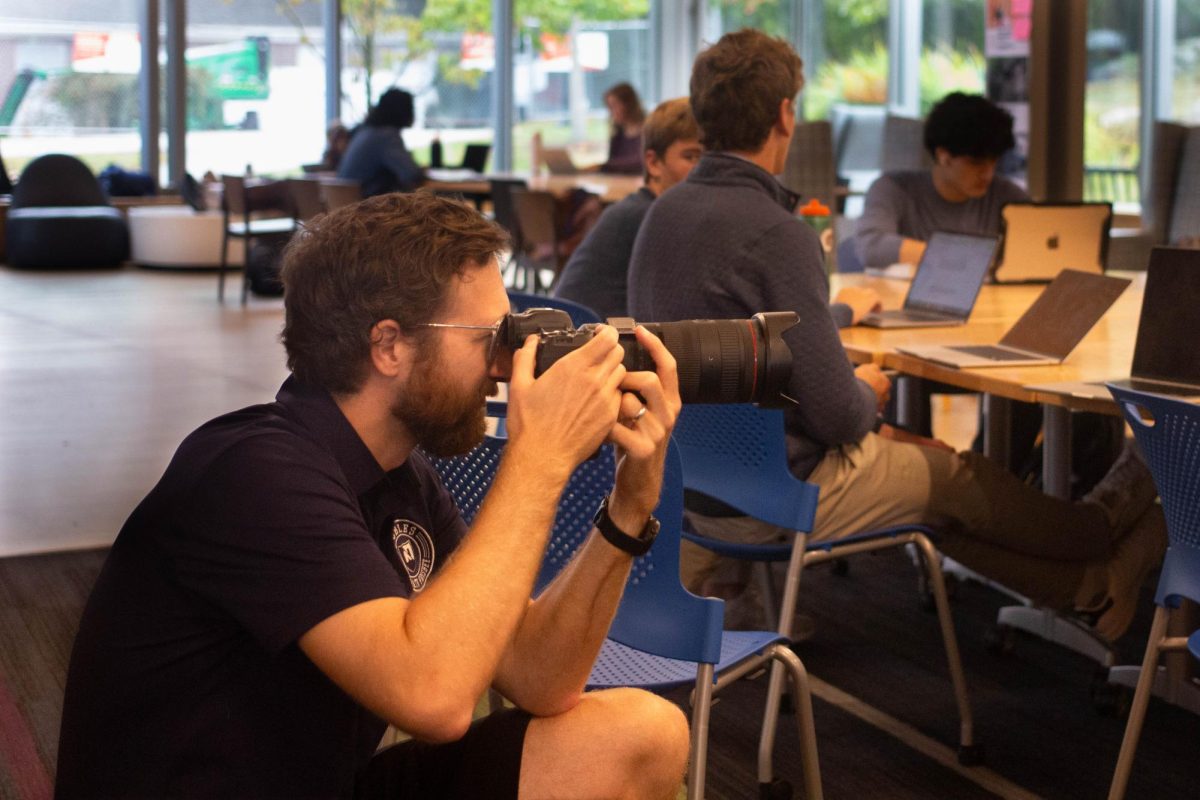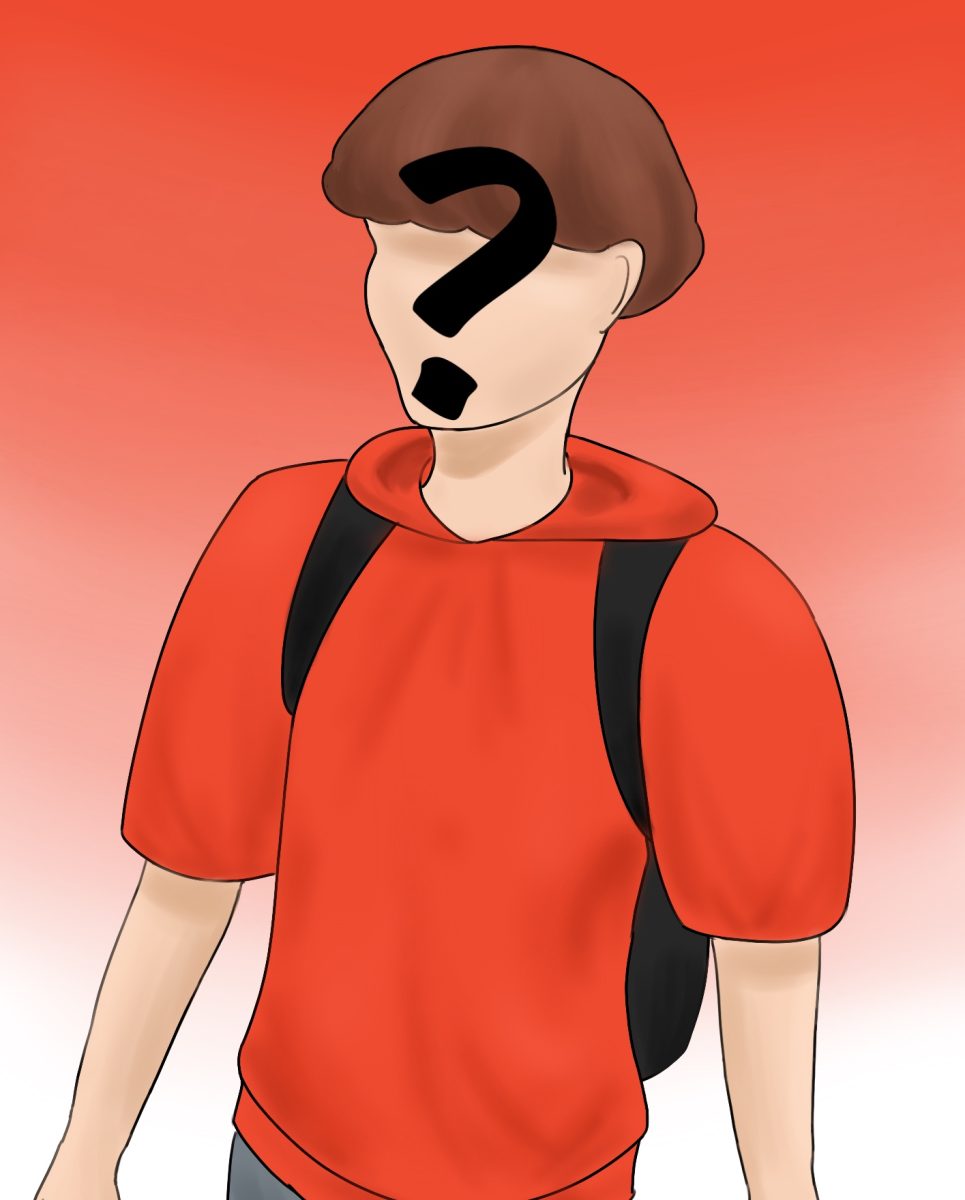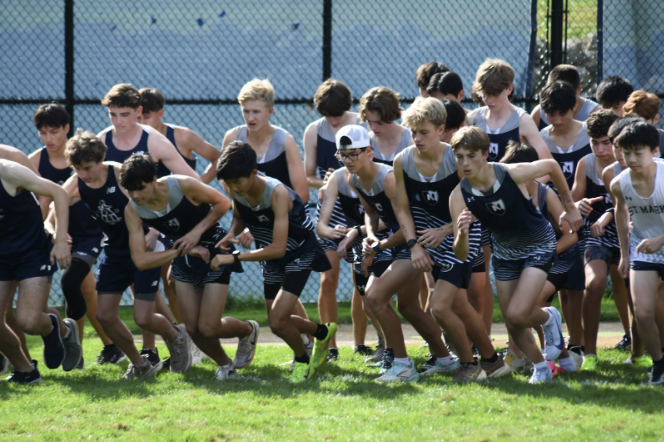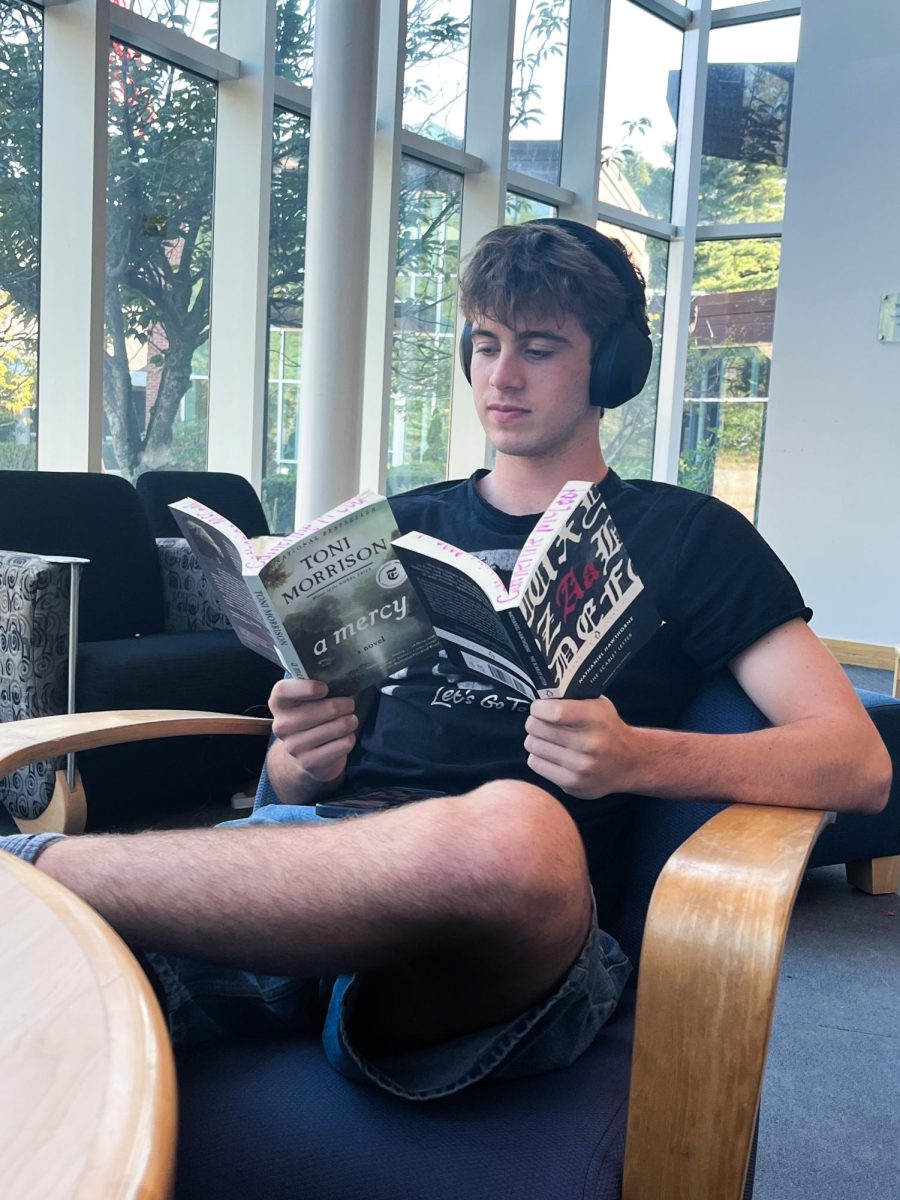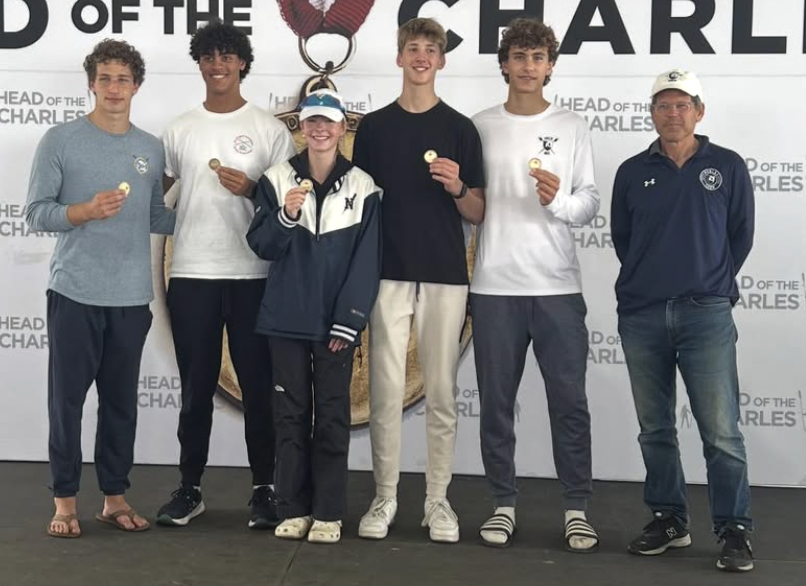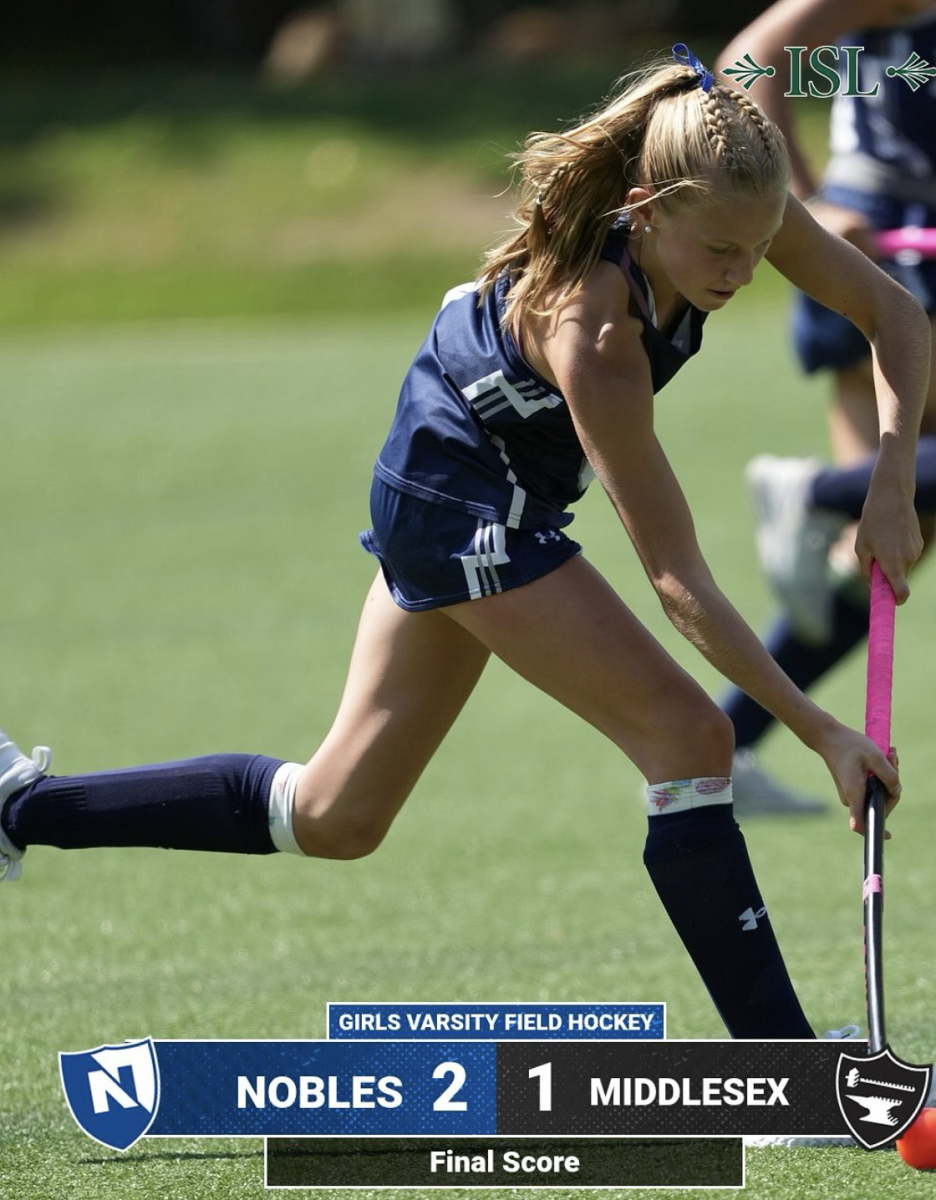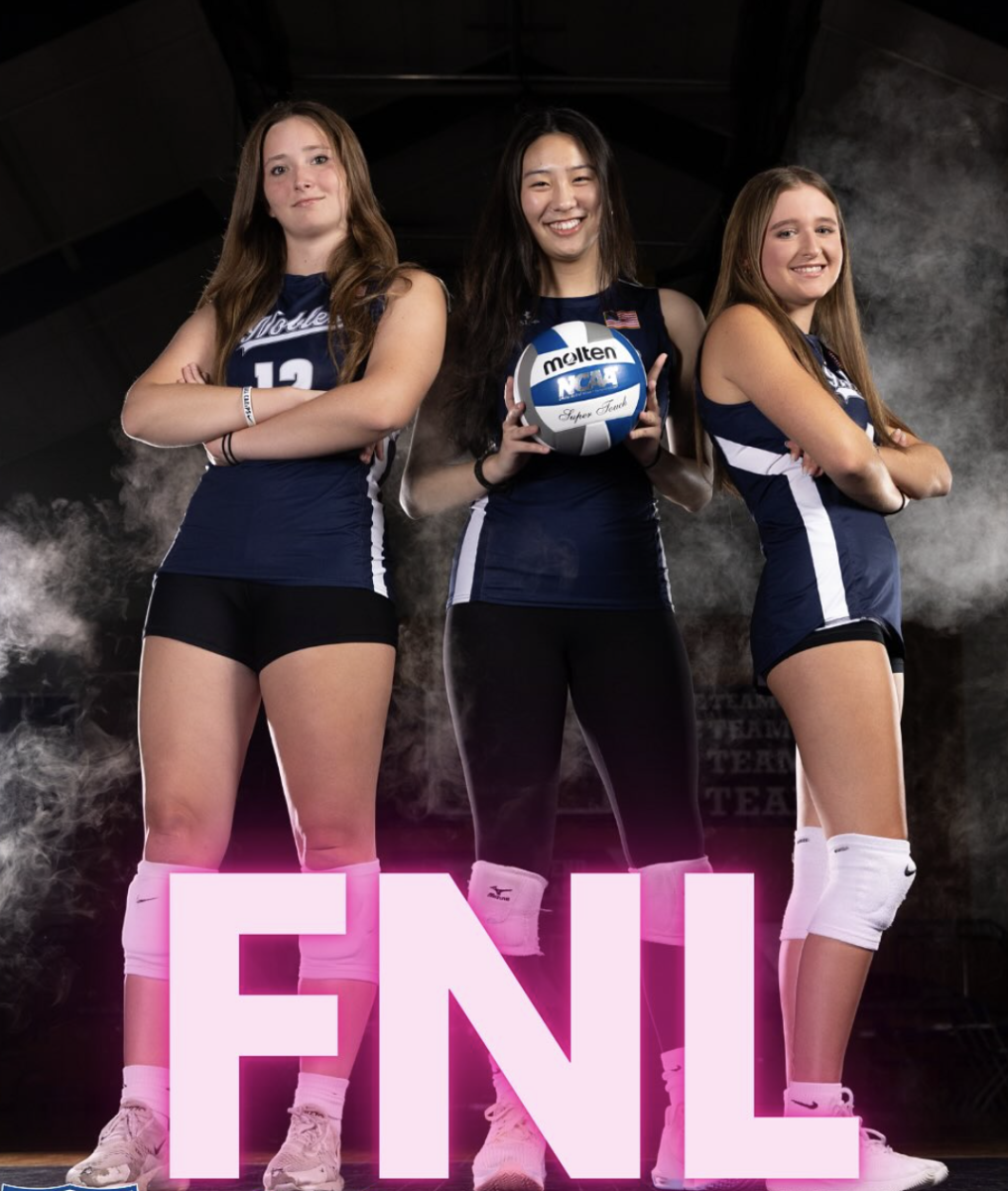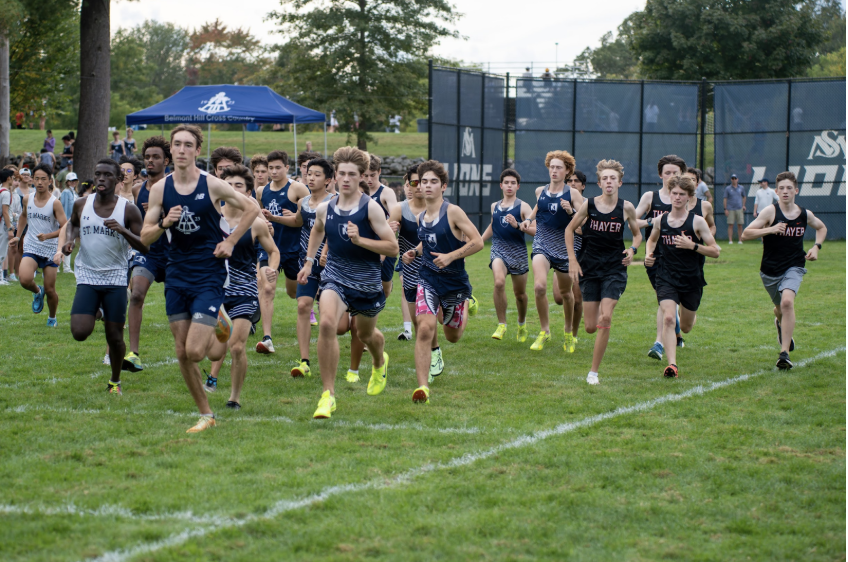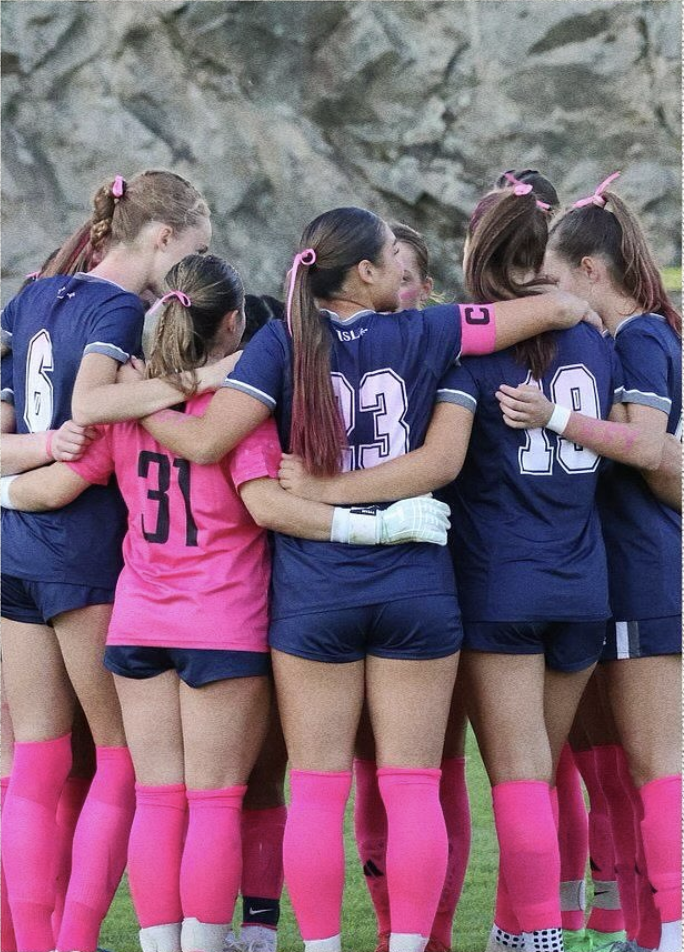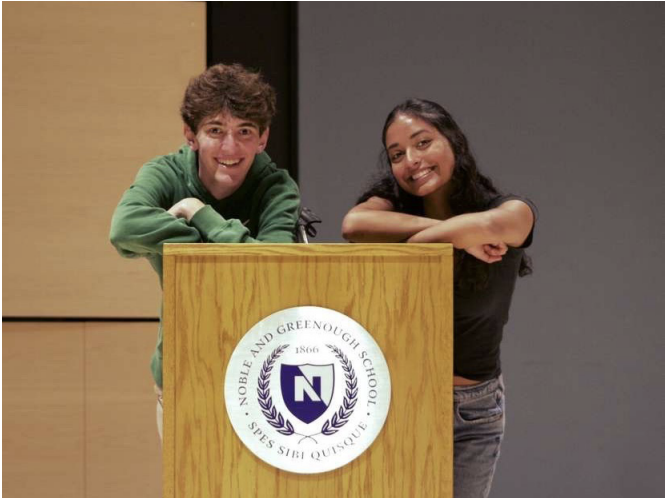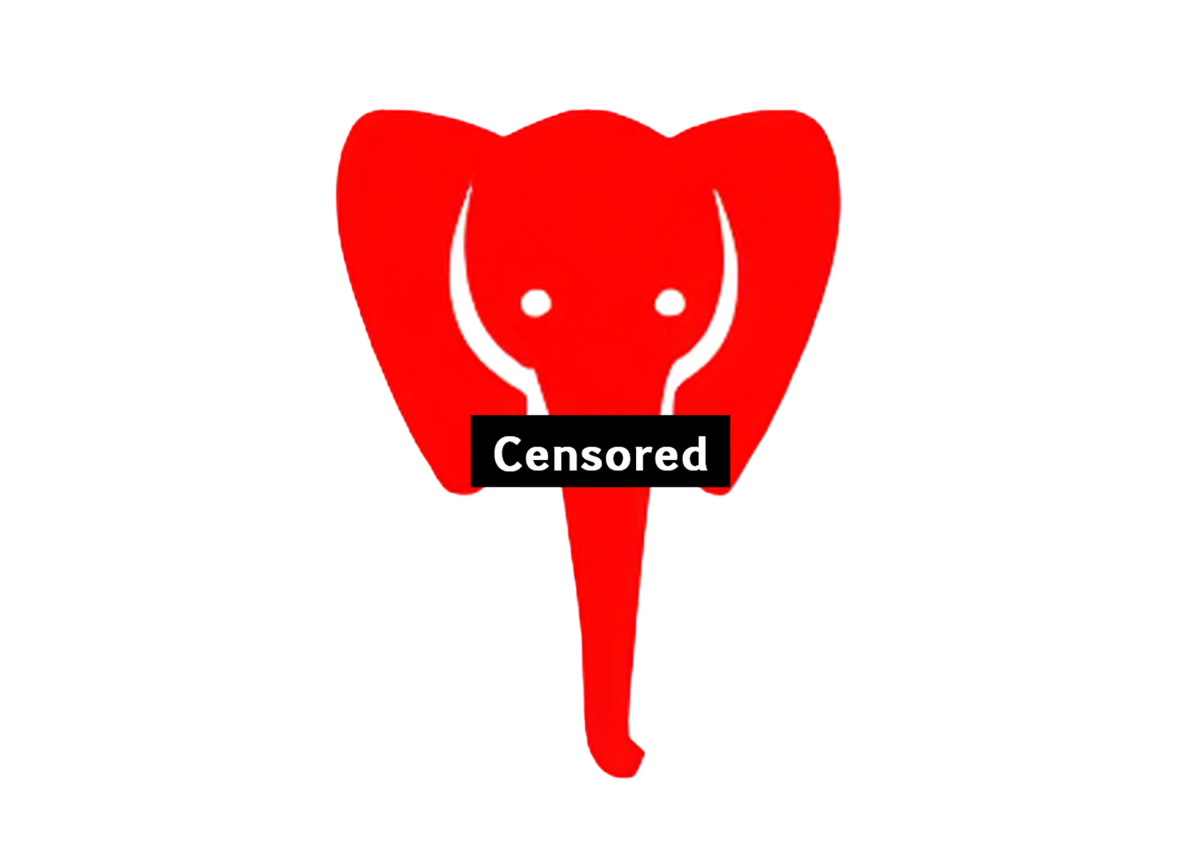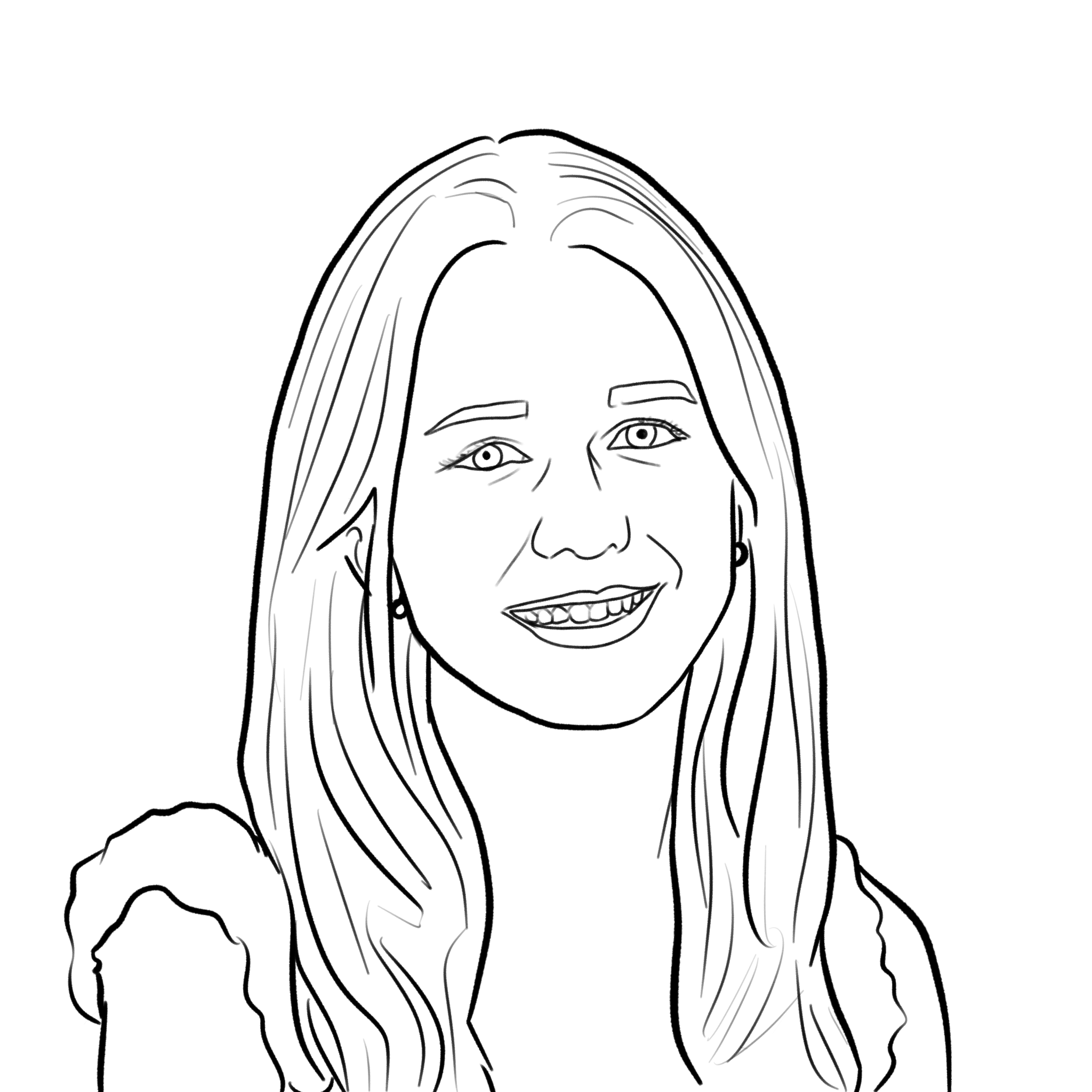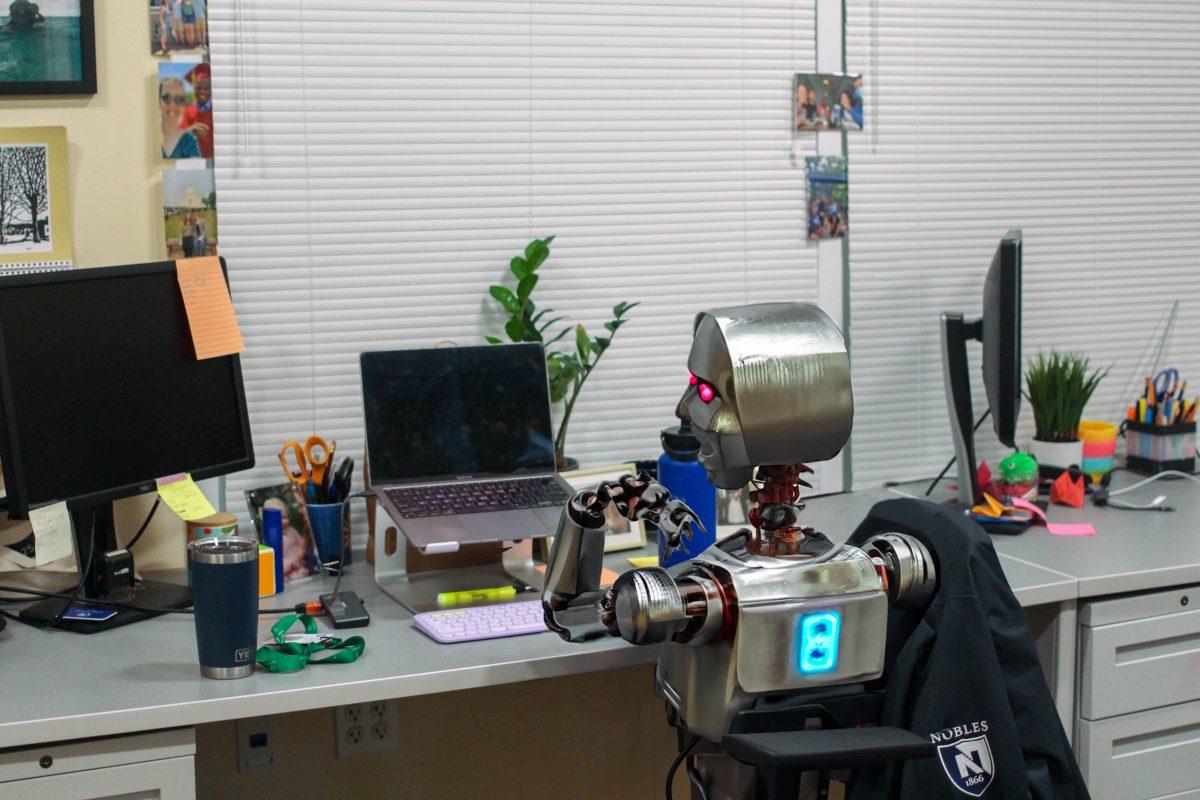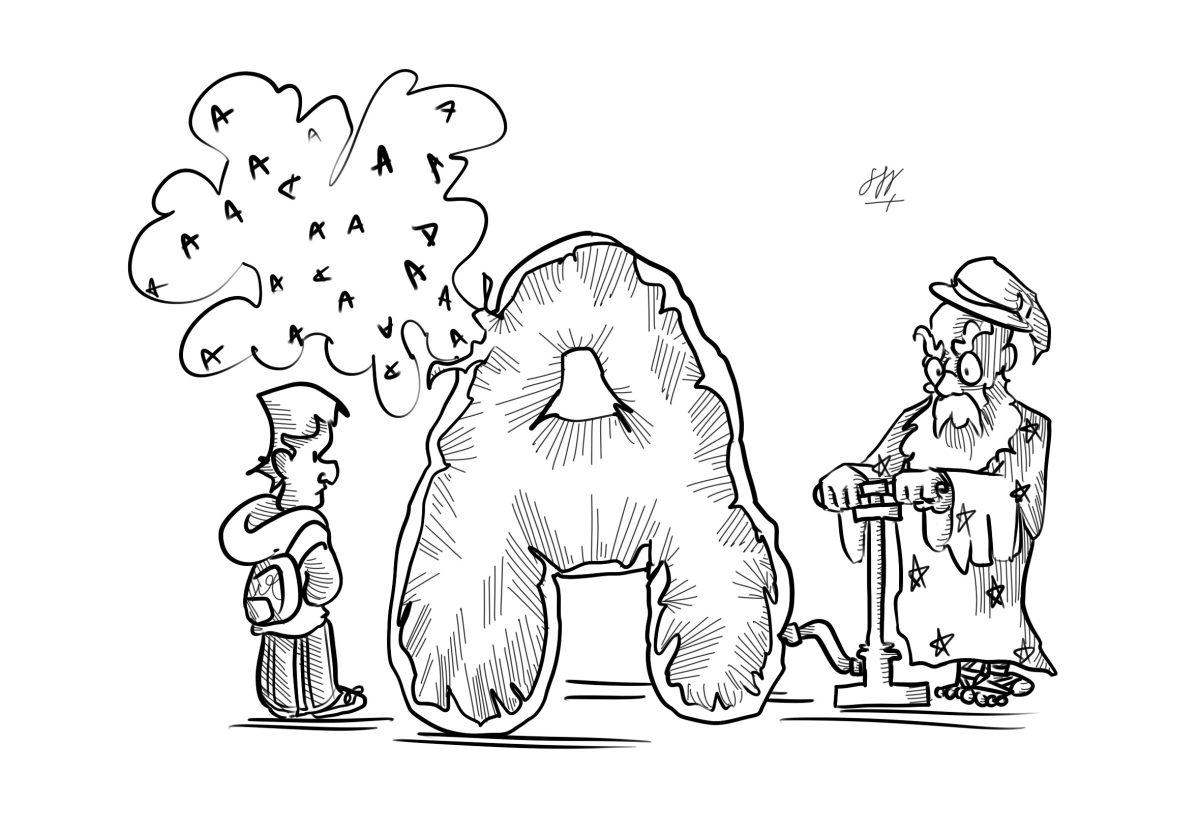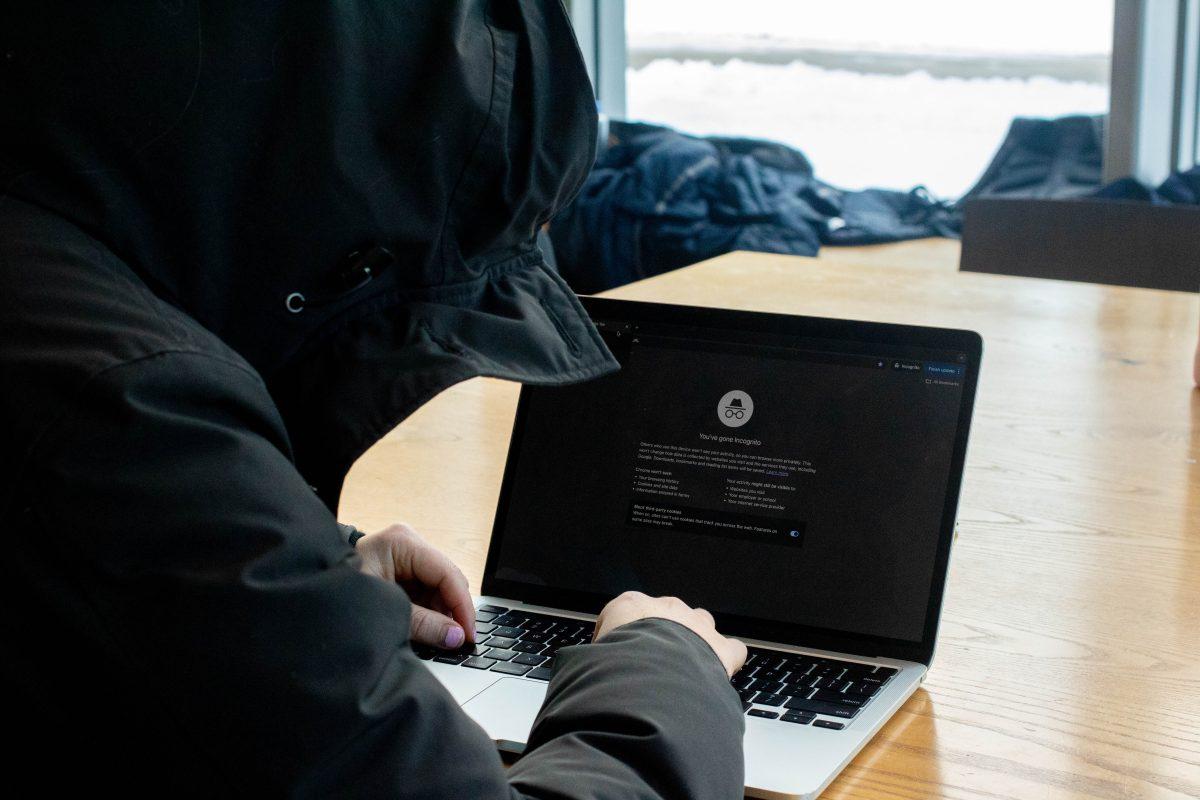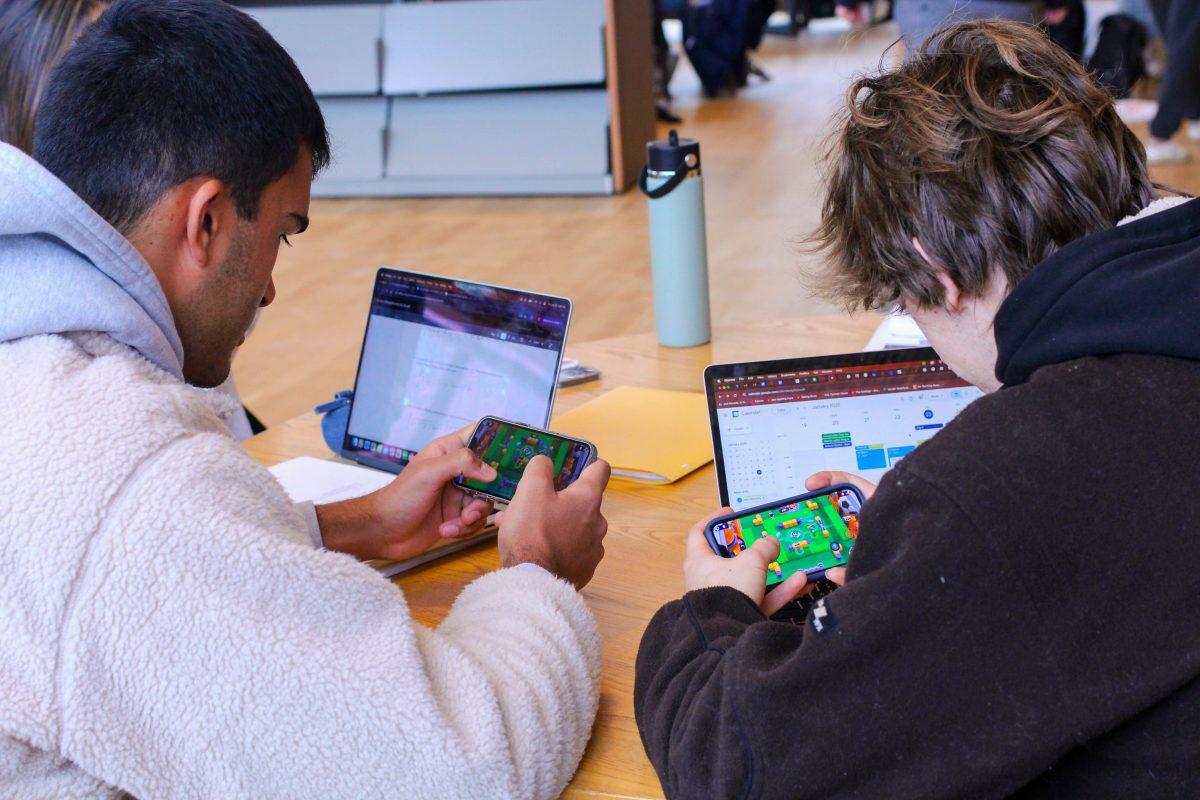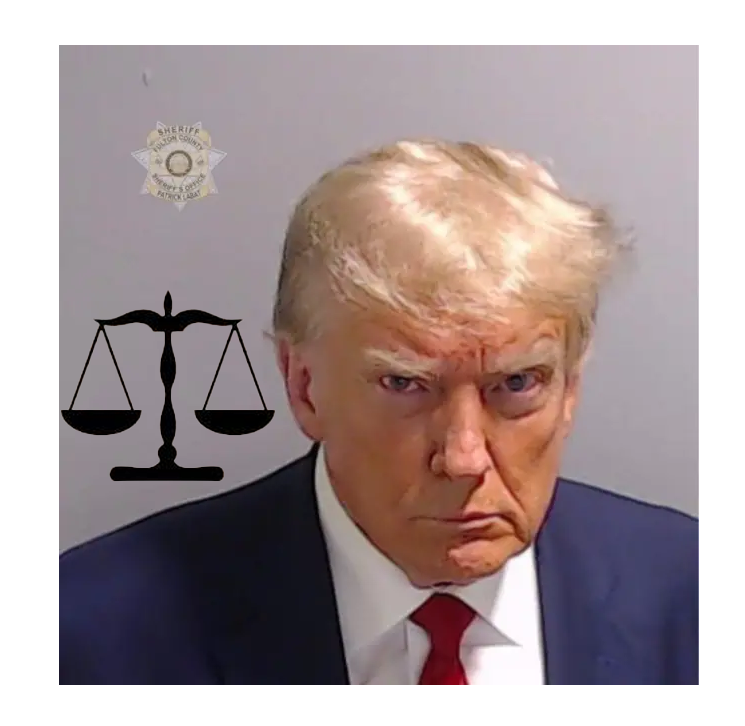Nobles prides itself on uniting students with various identities and lived experiences; with that, comes a range of political beliefs. However, it is only the liberal view, pushing for diversity of opinion, that tends to overshadow conservative voices at Nobles.
This year, the 2024 Presidential Election created an opportunity for students and faculty to reflect on the political landscape of the school. Whether it is a result of faculty experiences or a product of the school’s geographical location, there is no denying that Nobles has deep-rooted liberal tendencies.
These liberal tendencies subtly encroach upon every aspect of life at Nobles. “[The liberal view] is enforced a lot. I feel like it’s like it’s hard to escape other people’s ideas and views because it’s just what’s surrounding you constantly,” an anonymous female student (Class IV) said.
Not only are students often influenced by the liberal opinions surrounding them, but a fear of judgment discourages conservatives at Nobles from expressing beliefs that differ from the majority opinion. This sentiment seems to be even more prevalent in the female population at Nobles, as most conservative voices are concentrated in the male population. “I remember one time someone unfollowed me on social media because they found out I supported a controversial topic. That made me wonder what the issue had to do with me as a person. I think within the female community, it can get a little petty, almost, to a point where it’s like gossip,” the anonymous female student said.
“I think within the female community, it can get a little petty, almost, to a point where it’s like gossip.”
Many students with conservative opinions have also experienced isolation from their peers based on their political beliefs. One student even recalled receiving online vitriol after sharing his opinion on the presidential election. While any level of discourse can spark animosity, this level of hatred within the Nobles community is shocking, as many conservative students are accepting of other opinions. “I try to keep an open mind because it can be nice to understand others’ opinions,” the anonymous female student said.
At Nobles, politics have become intertwined with character. “Issues that should be politicized have become personal. I think some people would prefer to treat issues as if they’re human rights issues or personal issues because it’s good in an argumentative sense, but political issues should be approached as political issues,” Nate Madden (Class I) said. Treating political issues as indicators of character threatens the culture of Nobles, as it can easily undermine the push for individualism and self-expression.
Furthermore, this judgmental culture requires students to fully understand a subject before sharing their opinions, which is equally detrimental to the school environment. “People need to understand it’s a learning environment, and you’re not going to be penalized for anything you say, even if you say something incorrect,” Nayan Seetharam (Class II) said.
To combat this judgemental culture, teachers try to foster politically neutral environments of open dialogue. “Provided a student is respectful and kind, they would never be penalized [academically] for being conservative,” Madden said. However, teachers are inherently human, and it would be impossible for a specific belief not to influence their teaching. “It can be hard for teachers to not incorporate their own views into the things they teach, despite their efforts,” the anonymous female student said. “Sometimes, teachers make little comments that make their personal views more obvious, which I feel could have been kept to themselves. I’d rather just learn and not have politics involved in learning,” she said.
“People need to understand it’s a learning environment, and you’re not going to be penalized for anything you say, even if you say something incorrect.”
Although a strictly apolitical learning environment would likely create more unity among students, it is an unrealistic goal. Some of the most riveting classroom discussions come from open dialogue, often surrounding polarizing issues. The most productive classrooms encourage discourse and discussion, which stems from the way a teacher addresses political topics. “I think the adults in the community must approach topics more openly and comfortably. If they have an opinion, I think they have to say it so students can respond and ask questions,” Madden said. A belief that is subtly embedded into what is being taught poses a much greater danger to students, as they do not always know if what they are learning is objective and factual. Ultimately, a community that approaches political issues with grace and understanding is one where all voices are heard.

